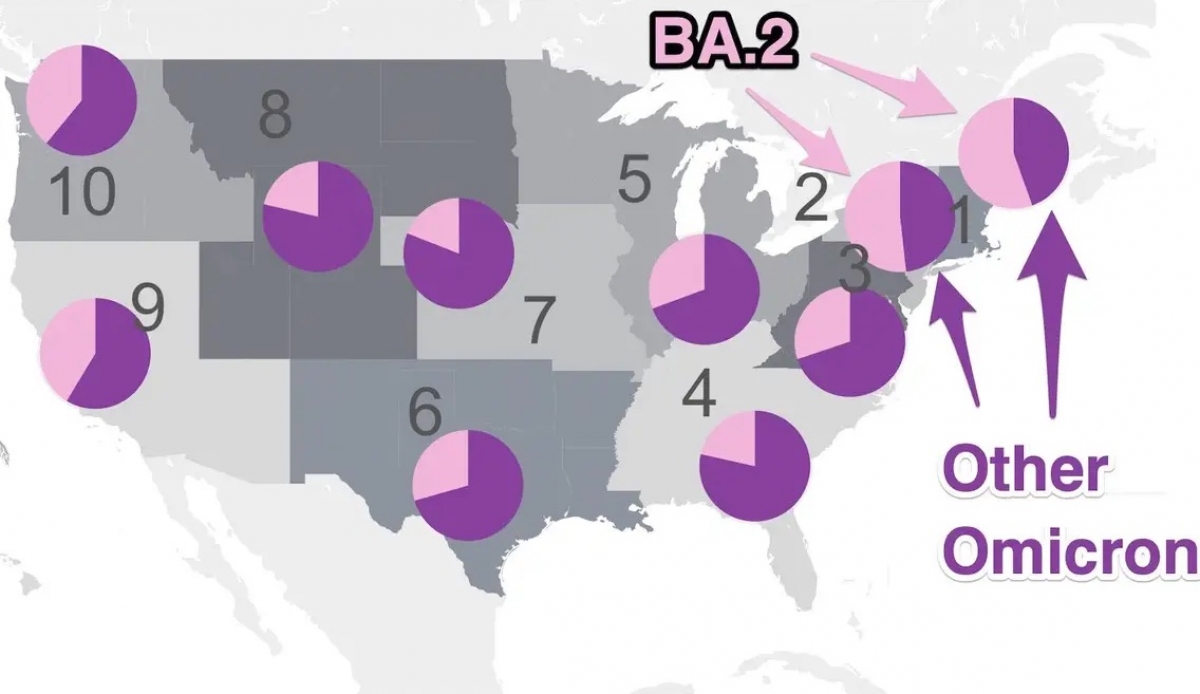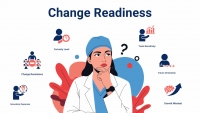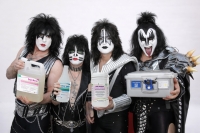
Covid19 A Disease We May Need to Live With
Uncertainty is the thing that will keep you up at night. Parents know it well as they wait up for the kid who’s out past their promised return time. Farmers uncertain about the weather lose sleep over will there be too much rain or not enough. Consider your own uncertainty as you try to plan for your facility against a backdrop of pandemic, unexpected events, and a war in Europe. And when it comes to Covid19, where are we?
The pandemic, perhaps the greatest uncertainty of all, is playing out in real time. The Food and Drug Administration meets to determine where the United States is headed in its effort to develop reconfigured vaccines that could better protect against new Covid variants that have emerged over the past six months. Scientists have concluded that existing vaccines need to be retooled to keep up with the evolving virus. It’s natural to consider what effects all this uncertainty is having on your SPD and healthcare facilities overall.
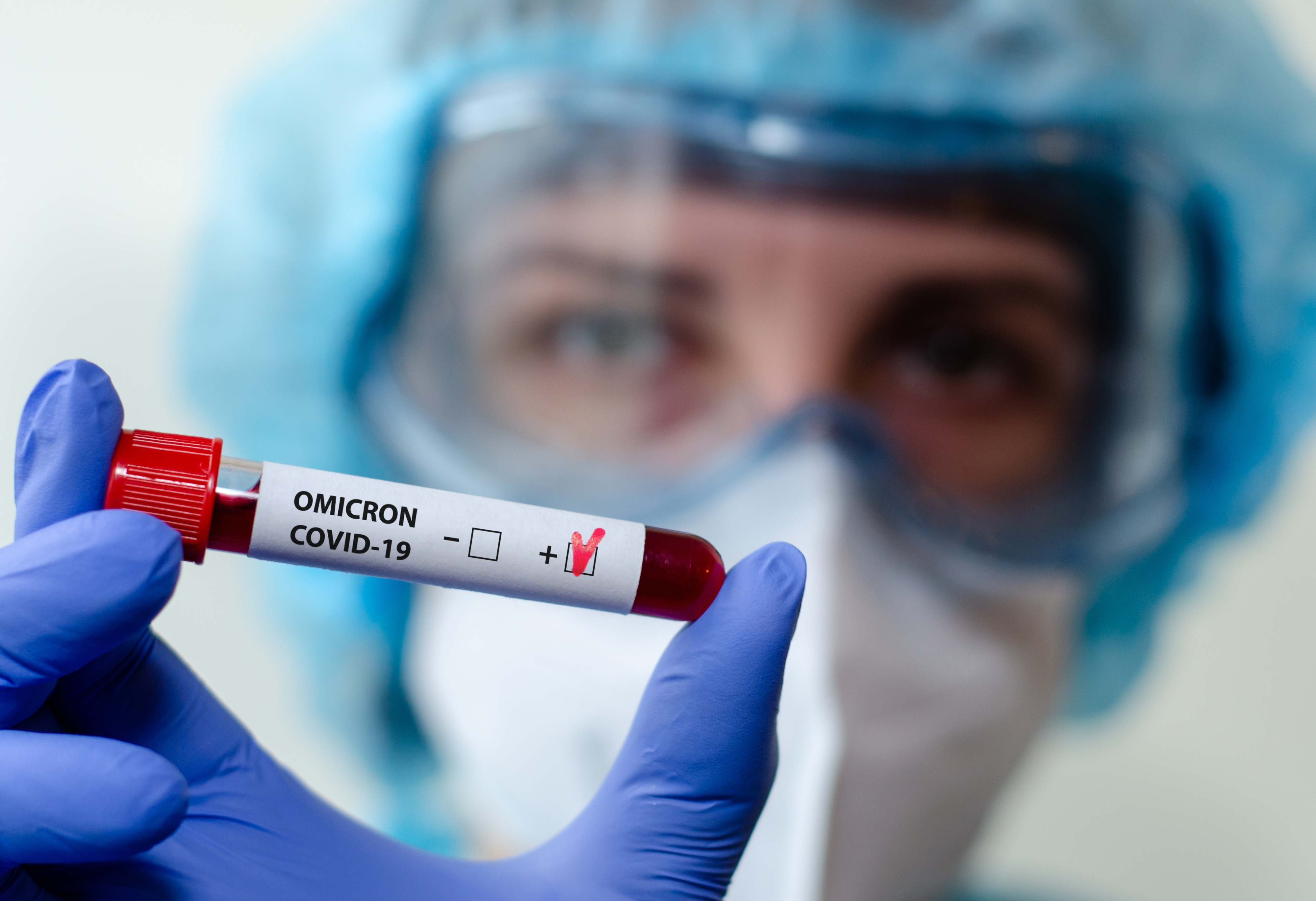
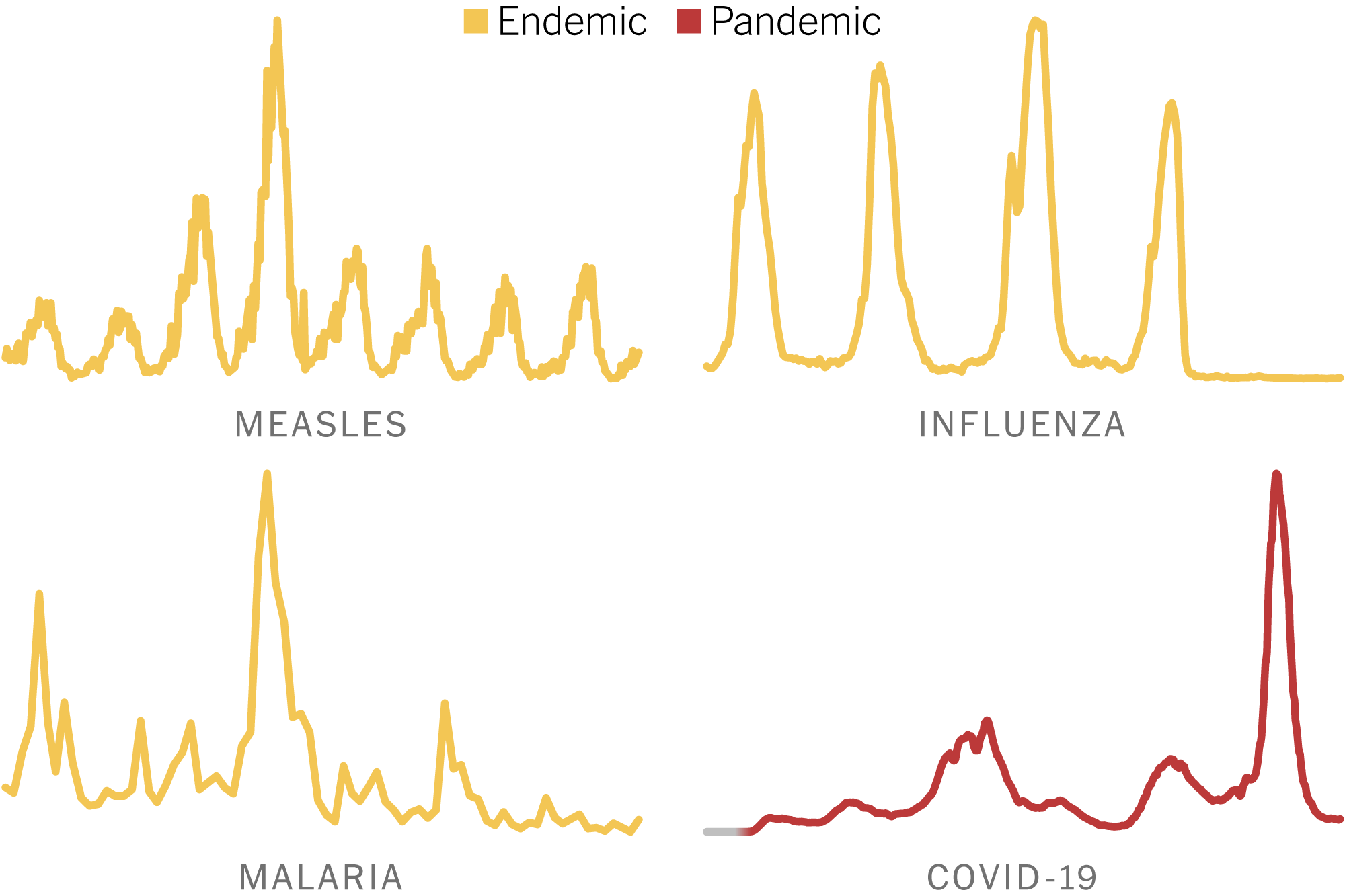
We're Not There Yet
The COVID-19 virus is not yet considered endemic
Covid, Flu & the Common Cold
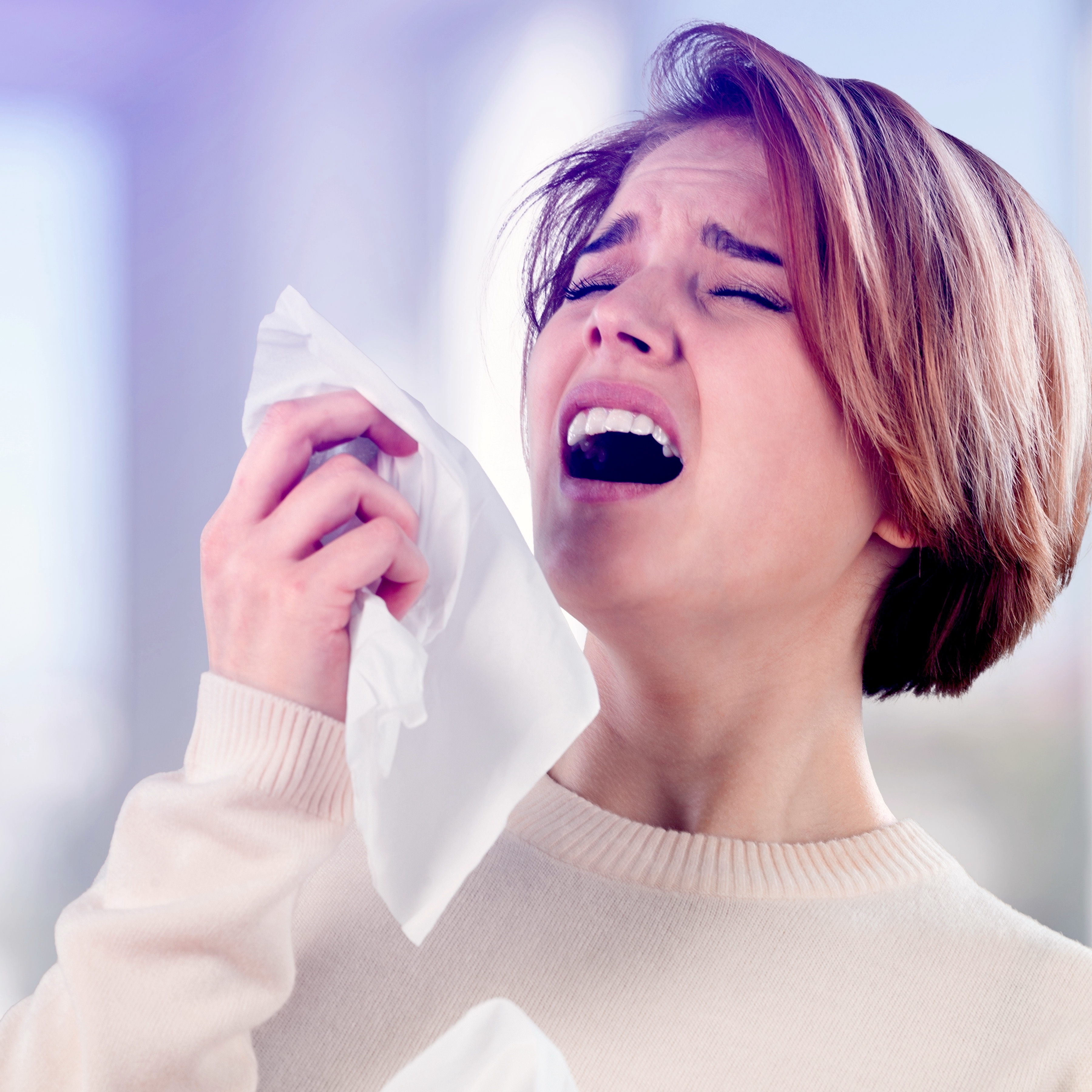
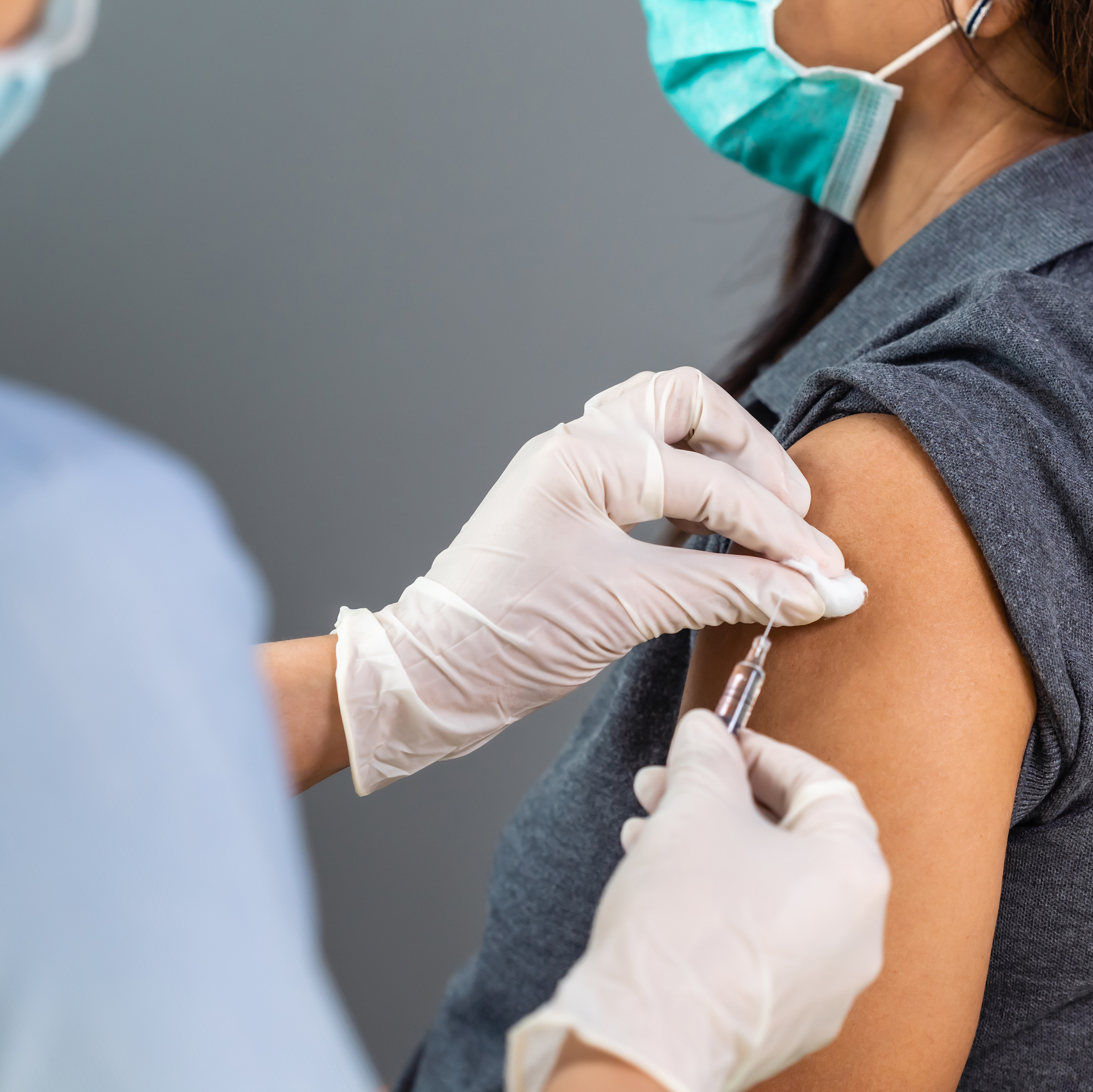
Bringing the Pandemic Under Control
Dealing with the Uncertainty
Case Medical is your ally during these uncertain times. With precautions to limit Covid’s spread falling by the wayside, it’s a good time to strategize about how to move forward. Clearly, operating as if we’ve returned to “normal” is not the answer. Knowing that one third of the world’s manufacturing capacity is being directly affected by a Covid surge in China translates to a great deal of uncertainty here at home.
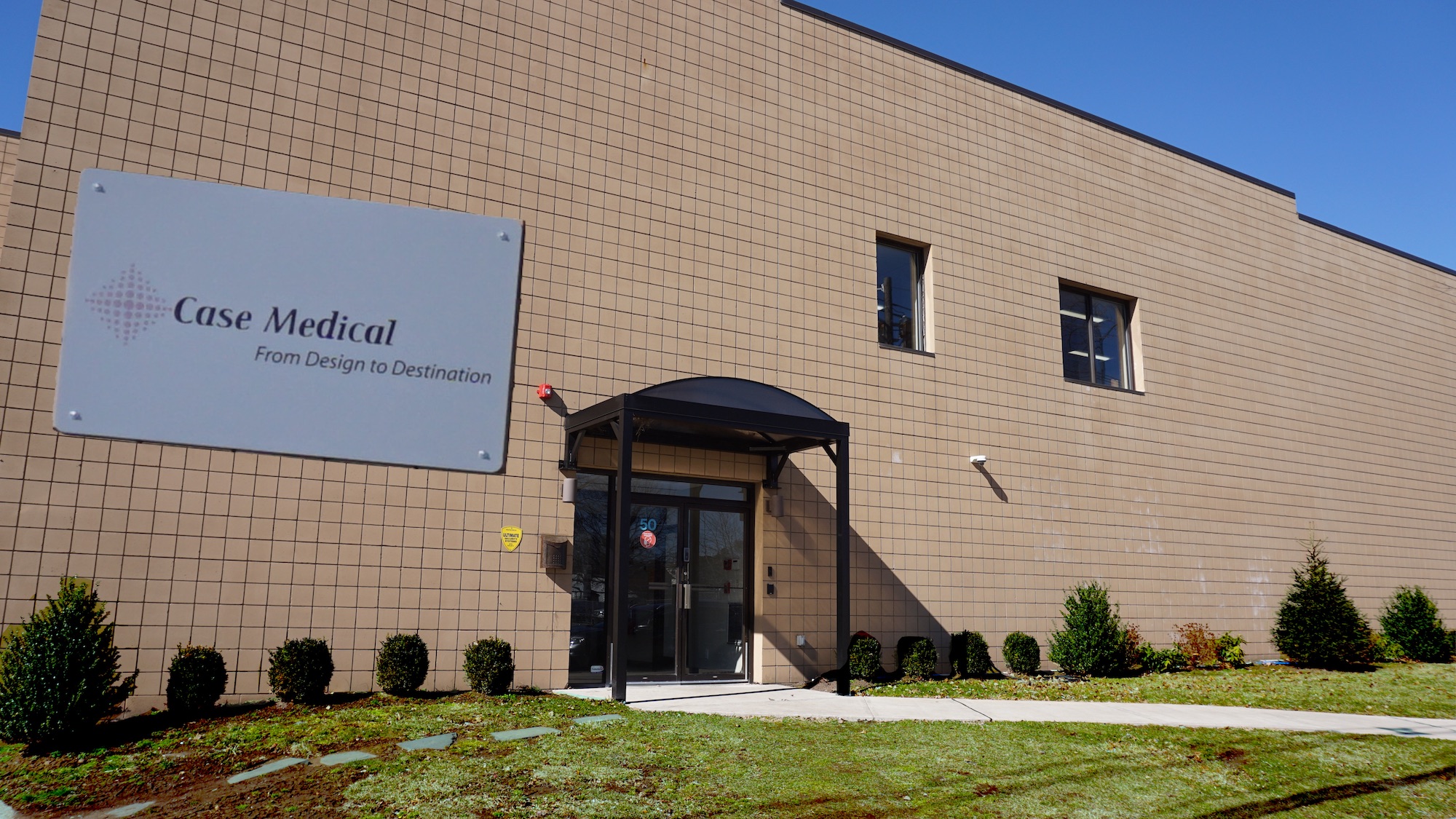
You can reduce uncertainty by joining Case Medical’s Auto Buy Procurement program which automatically schedules and ships your most frequently used consumables for instrument processing and sterilization. When you join the Auto Buy Procurement program you become a preferred customer at the top of our fulfillment list, critical during times of uncertainty and shortage.
Here are some steps to consider during an endemic and subsequent supply chain challenges
- Look for products and materials made here in the U.S.A.
- Find ways to reduce dependance on materials that might suffer supply shortages
- Plan for future shortages and review current inventory requirements
- Consider rigid reusable containers, like SteriTite® rigid reusable containers to address supply chain issues related to single use wrap
- Look to U.S. based formulators and manufacturers of instrument chemistries
- Consider Case Medical’s U.S. EPA Safer Choice labeled cleaners for your instrument and medical device reprocessing chemistries
- Remember, get boosted and you might want to wear a mask a little longer
- If you need face shields and hand sanitizers, simply contact us at [email protected]
While humanity mobilized against COVID-19 at a speed and scale never before seen our response is far from perfect. While we can’t eliminate uncertainty, we can plan and prepare. We can’t let our guard down, not yet.
Visit us at www.casemed.com to learn more about our products and how they can help your facility lighten its impact on the environment for the good of us all.
Marcia Frieze and the Case Medical team


